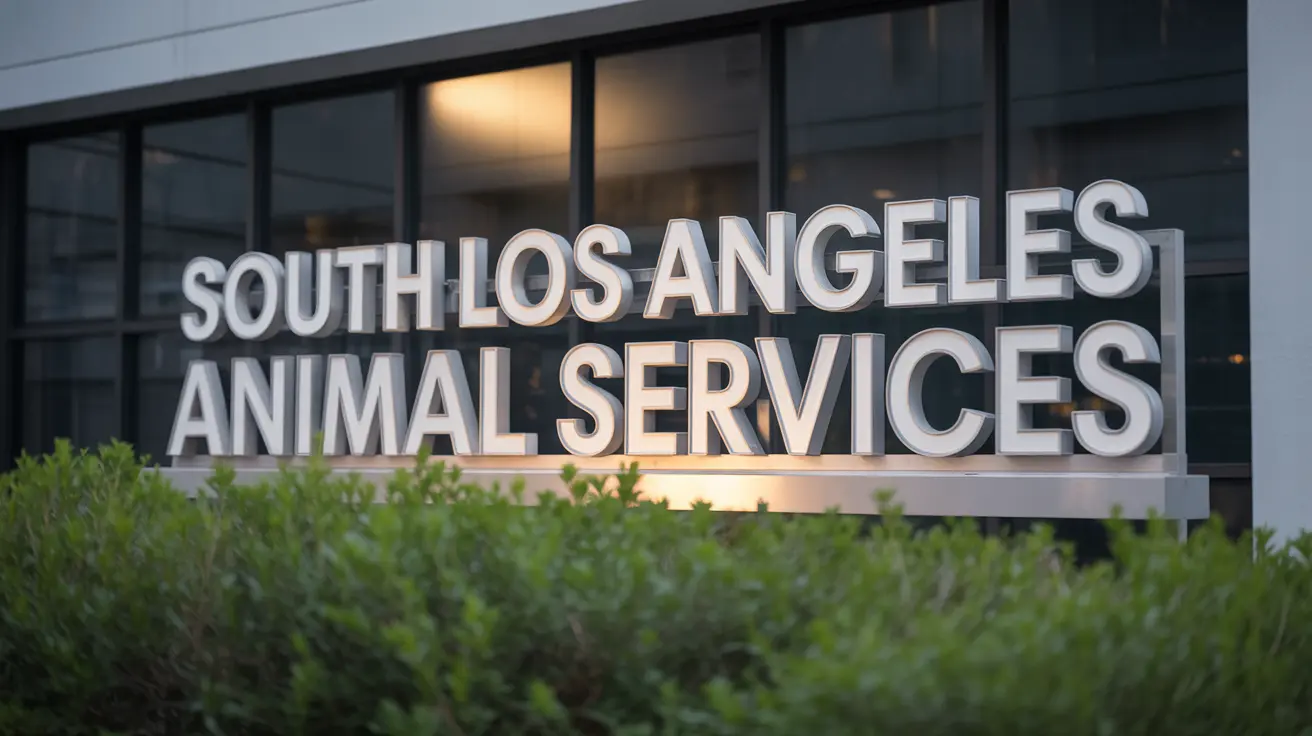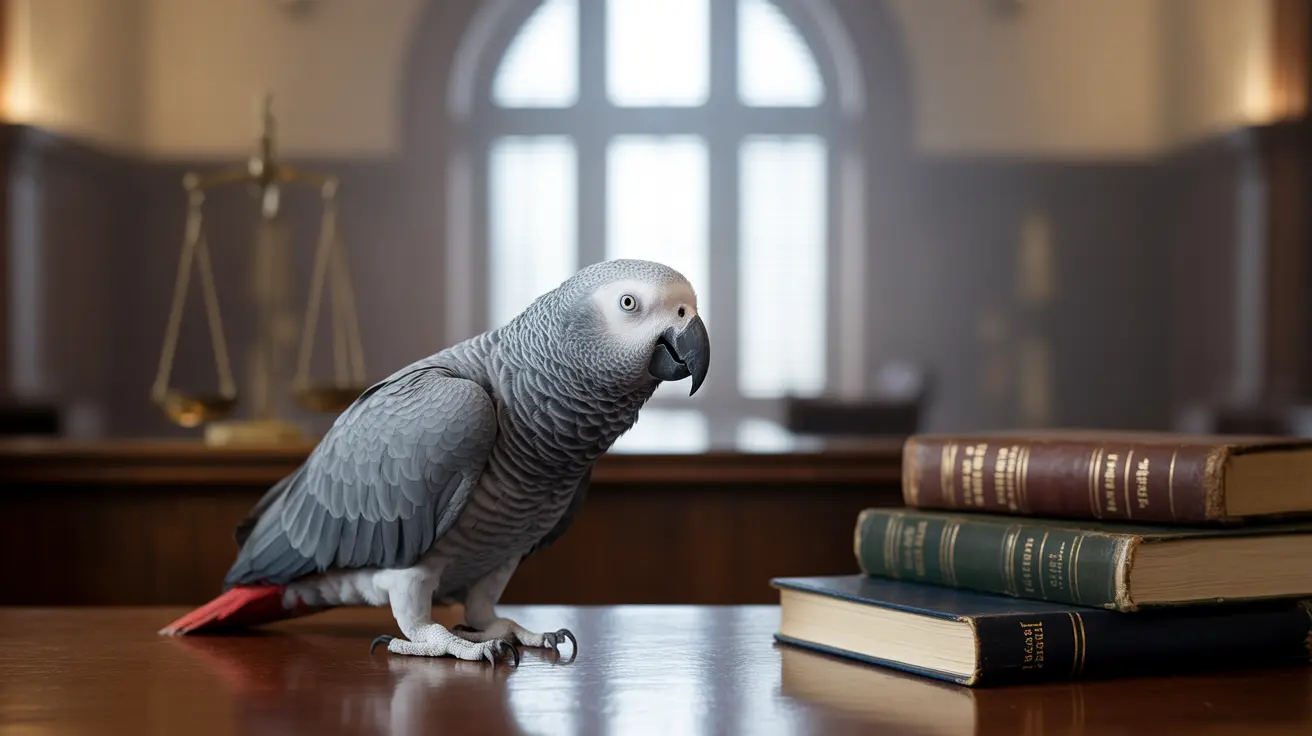Is Lactose-Free Milk Safe for Cats?
Many cat owners wonder whether it’s safe to share lactose-free milk with their feline friends. While the image of a cat happily lapping up a bowl of milk is popular in media, the reality is a bit more complex. Traditional cow’s milk can cause digestive issues for many adult cats, but what about lactose-free milk? Let's explore the facts.
Understanding Lactose Intolerance in Cats
Most adult cats are lactose intolerant. As kittens, they produce an enzyme called lactase, which breaks down lactose—the sugar found in milk. However, as cats mature, their lactase production typically decreases, making it hard for them to digest regular dairy products. The result is often gastrointestinal upset, including diarrhea, bloating, and gas.
What Is Lactose-Free Milk?
Lactose-free milk is regular milk that has been treated to remove or break down lactose. These milks are usually intended for humans who are lactose intolerant but still desire the taste and nutrients of milk without the digestive discomfort. Because the lactose is removed or hydrolyzed, it’s gentler on the stomach—potentially even for cats.
Can Cats Drink Lactose-Free Milk?
Yes, cats can safely consume lactose-free milk in moderation. Since the troublesome sugar is no longer present, it’s unlikely to cause digestive upset. However, not all lactose-free milks are equal. Some may contain artificial sweeteners, flavors, or preservatives that can be harmful to cats.
What to Look Out For
- Ingredients: Check labels to ensure the milk is free from harmful additives like xylitol, which is toxic to cats.
- Fat Content: Opt for milks with lower fat, as too much fat can lead to obesity and pancreatitis.
- Additives: Avoid flavored or enriched milks designed for human taste preferences.
Safe Serving Suggestions
- Small Portions: Start with a teaspoon or two to see how your cat reacts.
- Occasional Treat: Limit feedings to once or twice a week to avoid dietary imbalance.
- Supervise: Watch for any signs of digestive trouble.
Alternative Options
If you want to treat your cat but are wary of even lactose-free milk, there are safer, specially-formulated alternatives:
- Cat milk: Available at pet stores, designed with cats' digestive systems in mind.
- Broths: Low-sodium chicken or beef broth without garlic or onion can be a hydrating treat.
Lactose-Free Milk vs. Cat Milk
Although lactose-free milk is safer than regular milk, there’s still a difference between this and commercial cat milk:
- Cat milks are fortified with nutrients specific to feline health.
- Lactose-free milks are meant for human consumption and may lack essential feline nutrients or include unwanted additives.
Potential Risks of Giving Any Milk to Cats
- Digestive issues: Even lactose-free milk may upset some cats’ stomachs.
- Obesity: Milk can be calorie-dense, especially for sedentary indoor cats.
- Nutritional imbalance: Relying on milk as a dietary staple can lead to vitamin and mineral deficiencies.
When to Avoid Giving Milk
Refrain from milk altogether if your cat:
- Has a history of digestive problems.
- Is overweight or on a weight-reduction plan.
- Has a sensitive stomach or food allergies.
Conclusion
Lactose-free milk isn’t inherently harmful to cats, but it should be served with caution. While it may provide enjoyment as a rare treat, it is not essential to a cat’s diet. Always consult your veterinarian before introducing any new food to your pet’s routine. The safest approach is to treat lactose-free milk as an occasional indulgence, not as a core dietary component.





